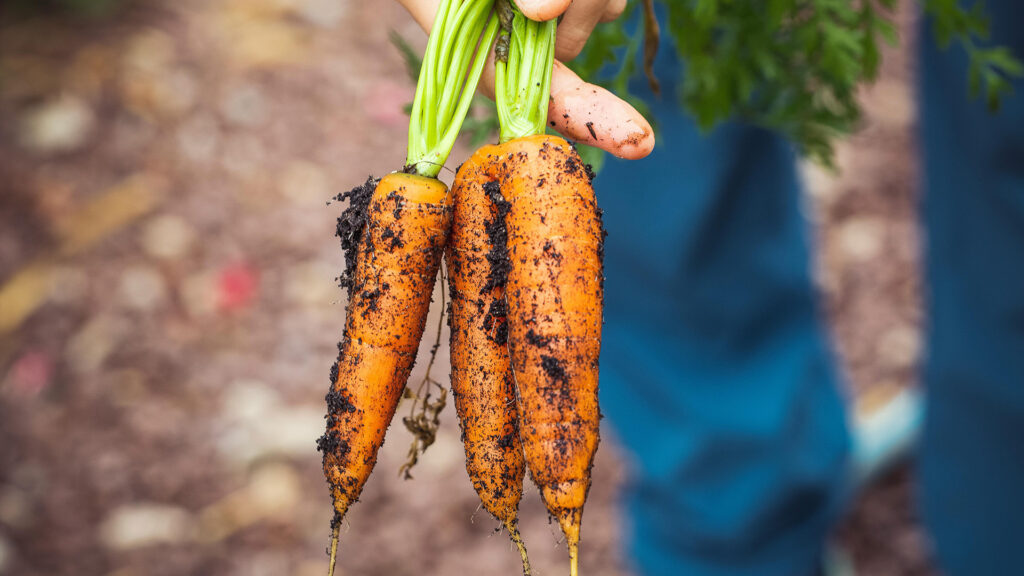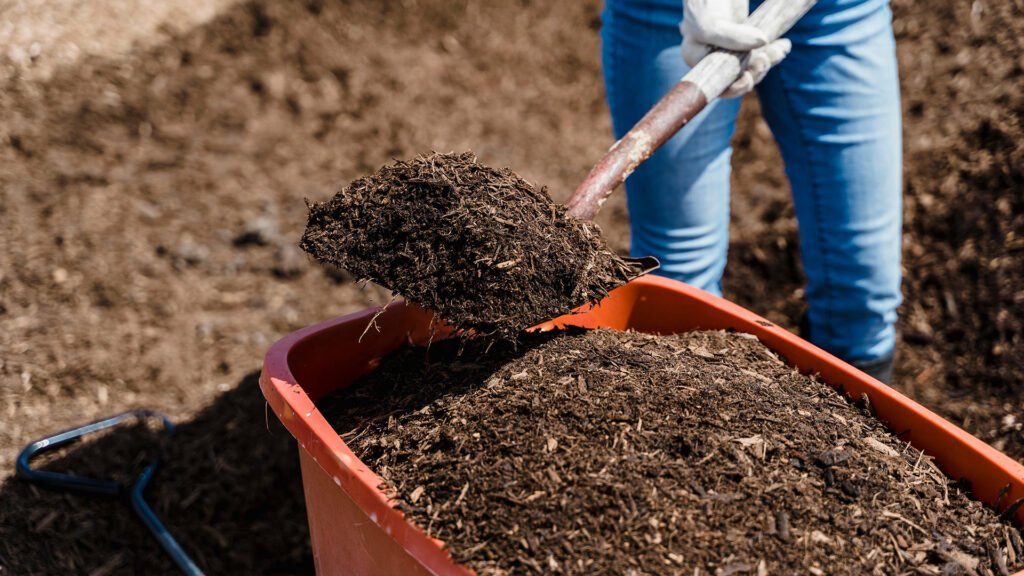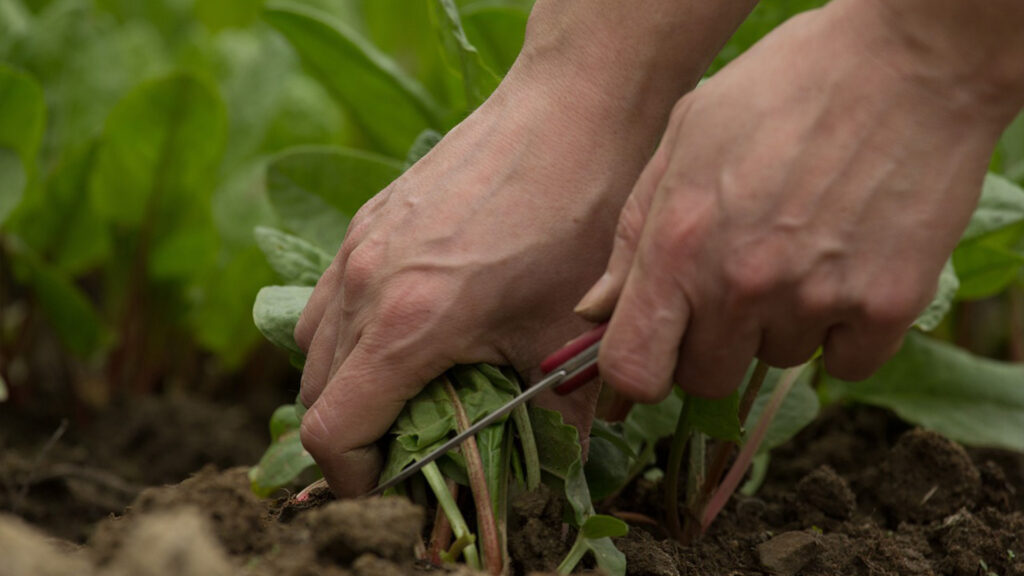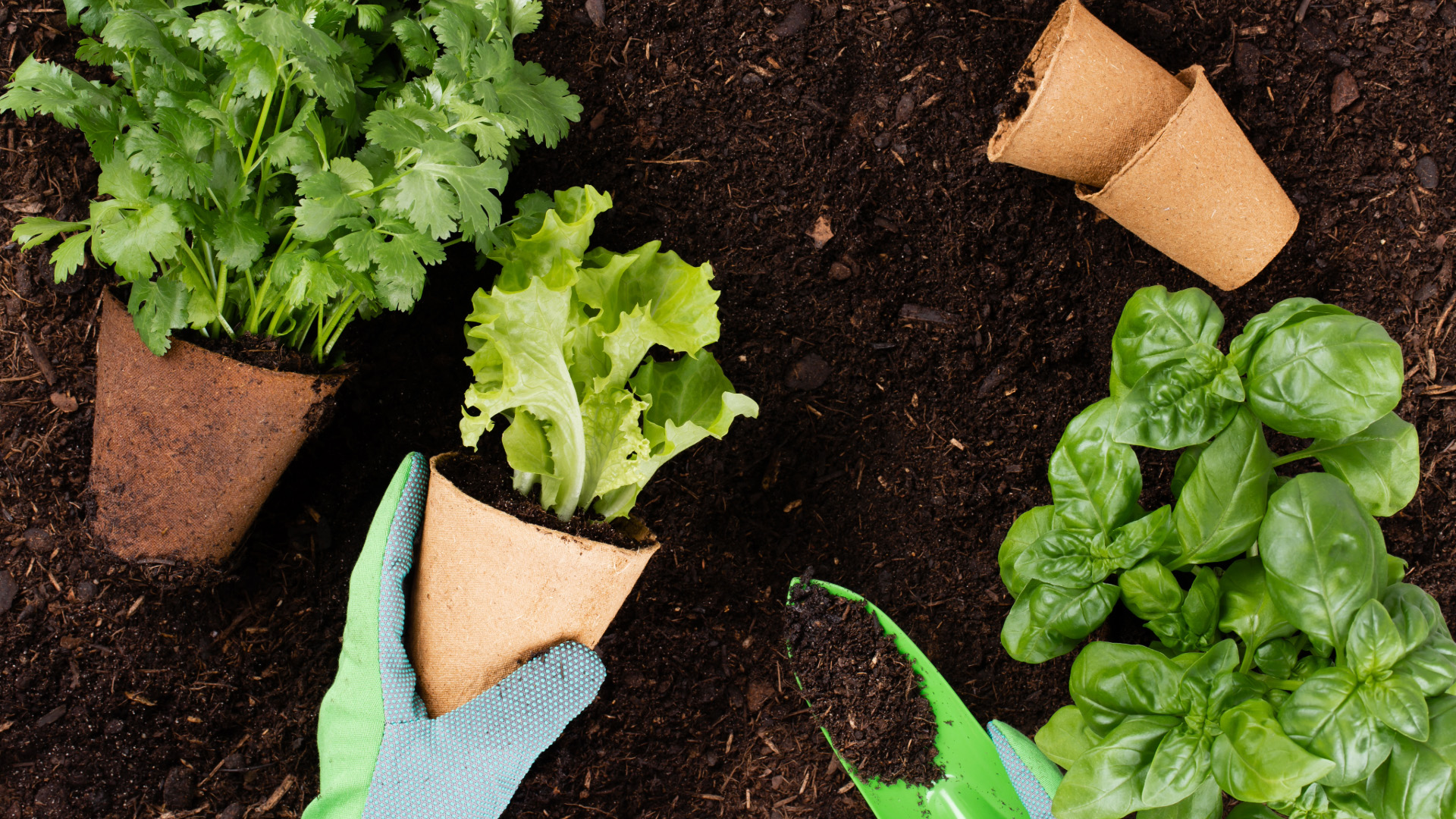by Shawn Crowle
Sustainable gardening is about more than just growing plants – it’s about cultivating your garden in a way that’s kind to the environment. Whether you’re a seasoned gardener or just getting started, here are some tips to help you create a more sustainable garden at home – and if you’re just getting started, make sure you check out last week’s blog highlighting the benefits of gardening at home.

1. Choose Native Plants
Native plants are already adapted to your local climate and soil, meaning they require less water, less fertilizer and less pest control. By planting native species, you’re not only making your garden easier to maintain but also supporting the local ecosystem.
2. Utilize Nature’s Recycling System: Composting
Composting is a great way to recycle kitchen scraps and garden waste, allowing you to reduce the amount of waste that ends up in landfills while also creating nutrient-rich soil for your plants. Start a compost bin in your backyard or even use a small, indoor composting system if space is limited.

3. Water Wisely
Consider installing rain barrels to collect rainwater for irrigation and using a drip irrigation system to deliver water directly to the roots of your plants, allowing you to more efficiently water your garden. Mulching your garden beds can also help retain moisture and reduce the need for frequent watering.
4. Go Organic
Avoid using harsh chemicals and opt instead for organic alternatives for pesticides and fertilizers, such as compost, natural pest repellants and companion planting, which involves growing certain plants together to deter pests and promote healthy growth.

5. Reduce, Reuse & Recycle
Before buying new gardening tools or containers, give thought to what you might have at home that you can repurpose. Old buckets, crates and even broken pots can be given a new life in your garden. Using recycled materials not only reduces waste but also adds character and creativity to your garden space.
6. Encourage Wildlife
Create a garden that’s welcoming to beneficial wildlife such as bees, birds and butterflies. Plant a variety of flowering plants that provide nectar and pollen, and consider adding a birdbath or bee hotel to your garden. These small changes can make a big difference ins supporting local wildlife.
Remember, every small change you make in your garden can have a positive and sustainable impact on our environment!




